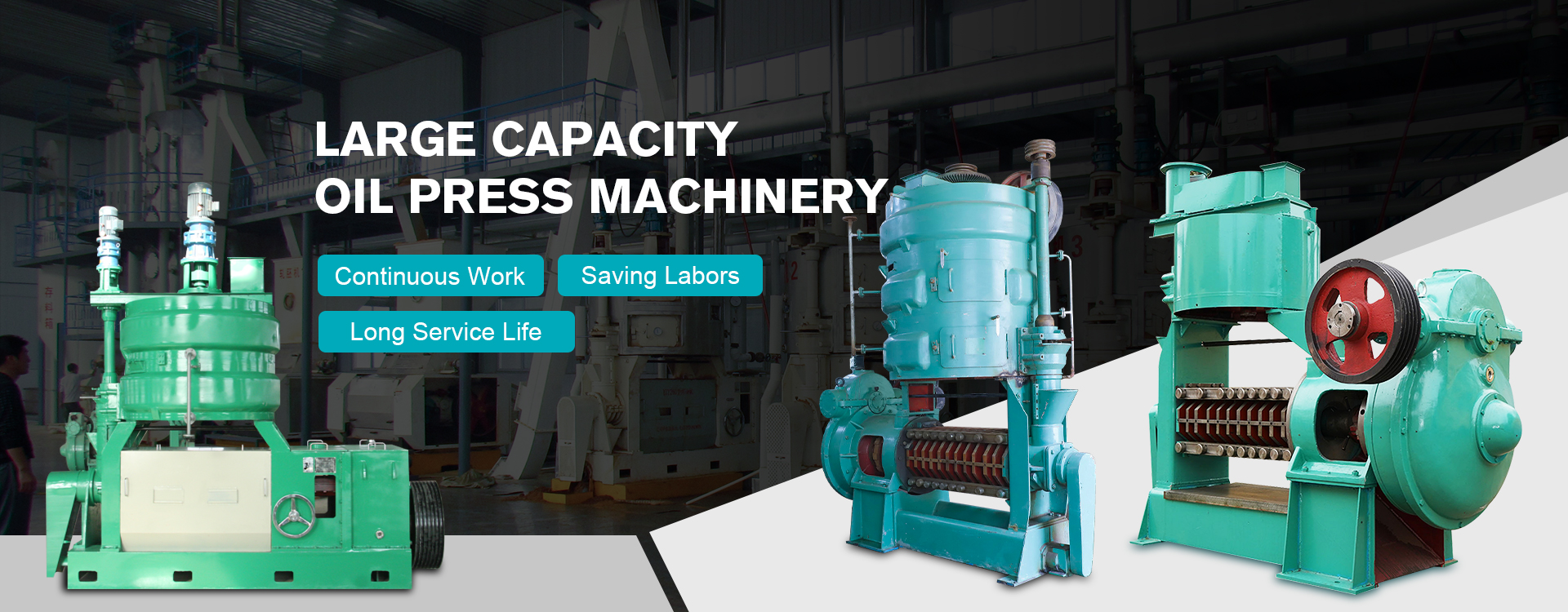Okt . 10, 2024 14:57 Back to list
famous edible oil refinery plant
Exploring the World of Edible Oil Refinery Plants A Journey into a Vital Industry
Edible oil is an essential component of daily life, playing a significant role in cooking, food preparation, and various food products. Its importance cannot be understated, and the process of refining these oils is critical to ensure their quality, safety, and nutritional value. This is where famous edible oil refinery plants come into play, serving as the backbone of the edible oil industry.
An edible oil refinery plant is a facility designed to process crude edible oils extracted from various seeds, nuts, or vegetables. The primary objective of these plants is to refine crude oils into high-quality edible oils suitable for consumption. The refining process involves several key steps, including degumming, neutralization, decolorization, and deodorization.
Key Processes in Oil Refining
1. Degumming The first step in the refining process involves the removal of impurities such as phospholipids, proteins, and mucilaginous compounds. This is typically achieved using water or acid, allowing for the separation of these unwanted substances from the oil.
2. Neutralization Following degumming, the oil undergoes neutralization, where free fatty acids are removed. These fatty acids can result from the breakdown of oils during storage. Neutralization is accomplished using an alkali solution, which reacts with the fatty acids to form soap, which can then be separated from the oil.
3. Decolorization This step focuses on removing color pigments, primarily carotenoids and chlorophyll. The oil is treated with adsorbents such as activated carbon or bleaching earth, which effectively absorb these pigments and clarify the oil. A clear, light-colored oil is often deemed more appealing to consumers.
4. Deodorization The last refining step involves the removal of any remaining odors and volatile compounds that might affect the oil's taste and smell. Deodorization typically employs steam distillation under vacuum conditions, ensuring that the oil retains its desirable flavor while eliminating unwanted odors.
The Importance of Edible Oil Refinery Plants
famous edible oil refinery plant

Edible oil refinery plants are vital for several reasons
- Food Safety The refining process reduces the risk of harmful contaminants, ensuring that the final product is safe for consumption. This aspect is particularly crucial in today's world, where food safety standards are strictly enforced.
- Quality Control Refining improves the overall quality of edible oils, enhancing their flavor, nutritional value, and shelf life. High-quality oils contribute to better cooking results and healthier diets, ultimately benefiting consumers.
- Economic Impact Edible oil refinery plants contribute significantly to the global economy. They create jobs, support local agriculture by sourcing raw materials, and play a crucial role in the supply chain of edible oils. As the demand for healthier cooking oils continues to rise, the economic importance of these plants will only grow.
- Sustainability Many modern refinery plants are implementing sustainable practices to minimize environmental impact. This includes waste reduction strategies and utilizing by-products for biofuel, animal feed, or other applications, contributing to a circular economy.
Famous Edible Oil Refinery Plants
Around the world, several renowned edible oil refinery plants stand out for their technological advancements, commitment to quality, and contribution to the industry. Companies such as Cargill, Archer Daniels Midland Company (ADM), and Bunge operate large-scale plants that lead the market with innovative refining techniques and a diverse range of edible oils, from soy and sunflower to palm and canola oil.
Conclusion
Edible oil refinery plants are pivotal players in the food industry, ensuring that consumers have access to high-quality, safe, and nutritious oils. As the demand for edible oils continues to grow, these plants will play an even more critical role in our food systems, adapting to changing consumer preferences and advancing sustainable practices. The journey of oil refining reflects not just a process but a testament to the ingenuity and resilience of the agricultural and food processing sectors. As we continue to appreciate and rely on cooking oils in our daily lives, recognizing the efforts behind their production becomes increasingly vital.
-
High-Efficiency Peanut Oil Refined Machine for Quality Oil Production Leading Exporters & Companies
NewsJul.08,2025
-
High Efficiency Sunflower Seed Oil Press – Leading Cooking Oil Press Machine Factories & Suppliers
NewsJul.08,2025
-
High-Efficiency Soybean Oil Press Machine – Leading Exporters & Reliable Companies
NewsJul.07,2025
-
High-Efficiency Seed to Oil Extractor – Reliable Extraction Machinery for Your Business
NewsJul.07,2025
-
High-Quality Pressing Screw of Oil Expeller for Efficient Oil Extraction Leading Exporters & Manufacturers
NewsJul.06,2025
-
High-Efficiency Essential Oil Extraction Machine Trusted Exporters & Companies
NewsJul.06,2025
